What Makes the Best Cloud ERP for Saudi Arabian Enterprises? 5 Non-Negotiable Local Features
Your organisation in Saudi Arabia aims for efficiency and growth. But mere adoption of any cloud ERP is not going to align your business with the Vision 2030 goals. You need a powerful and scalable Enterprise Resource Planning system that is adaptable to the unique local requirements of the Saudi region. Instead of going for a standard package from proprietary systems, it is best to deploy an open source ERP from HostBooks for greater flexibility and localisation. Why an open source ERP is the best cloud ERP for Saudi enterprises, let’s find out!
The key advantage of an open source ERP is its customisability. These are the 5 non-negotiable features that define HostBooks’ best cloud ERP solution operating in the Kingdom:
ZATCA customisation
Saudi Arabia’s Zakat, Tax, and Customs Authority (ZATCA) consists of highly specific regulations, especially regarding Zakat calculation, corporate tax, and e-invoicing (FATOORAH). While a proprietary system requires waiting for vendor updates, an open source ERP enables local partners to directly access and modify the source code. This gives way to quick and accurate module development to ensure ZATCA compliance. It further includes the exact XML generation and integration required by the FATOORAH system.
Arabic localisation
Business operations in the Kingdom require perfect handling of both English and Arabic. It is naive to go for a system that gives a simple language switch. You must opt for HostBooks’ robust open source ERP system that operates natively in Arabic and gives premium linguistic support. Local developers can easily refine and perfect the Arabic user interface, forms, and reports to ensure contextual accuracy, along with an intuitive right-to-left flow.
Integrated HR & Payroll with Nitaqat and GOSI compliance
Open source ERP enables the creation of dedicated, modular HR extensions. These modules are capable of incorporating a powerful rules engine for the automation of GOSI (General Organisation for Social Insurance) deductions, tracking Nitaqat compliance, and calculating end-of-service benefits in real-time. HostBooks’ best cloud ERP must offer this level of localised, granular control for efficient workforce management and regulatory adherence.
Project and construction management for Giga-projects
The Kingdom is renowned for its giga-projects. Construction and engineering-related businesses require an ERP with robust project-centric accounting features. Open source ERP solutions include project management and job costing modules that are capable of handling Saudi-specific construction industry practices, like retention management and multi-currency transactions.
Seamless integration with local banking and payment systems
Systematic cash flow management needs direct integration with the local financial ecosystem, including major banks and payment systems like SADAD. Opting for an open-source ERP from HostBooks’ enables the creation of free or low-cost APIs and connectors. It further allows maintenance of integration modules for automated bank reconciliation and payment file generation. This makes financial operations smoother and more secure.
Bottomline
Choosing the best cloud ERP for Saudi businesses means going beyond flashy global features. You have to opt for an open-source ERP that is deeply rooted in the local operational and regulatory realities. HostBooks offers the most comprehensive ERP solution that provides local features to truly empower your business in the Kingdom. If you want to manage your business operations with finesse and intelligence, then consult our HostBooks team for the best cloud ERP solution for your Saudi enterprise.

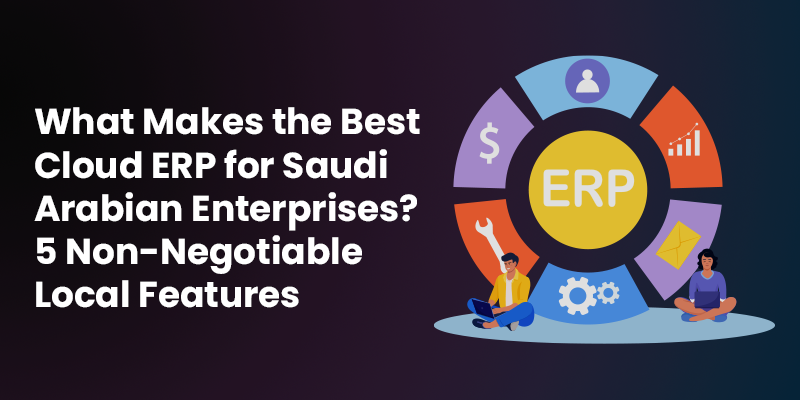
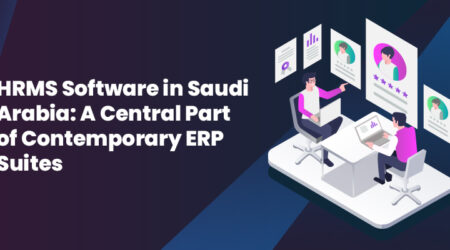
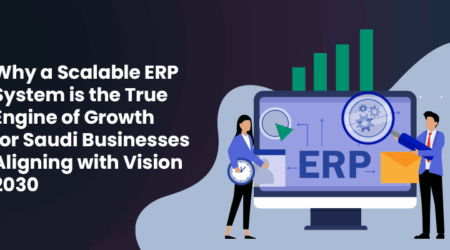




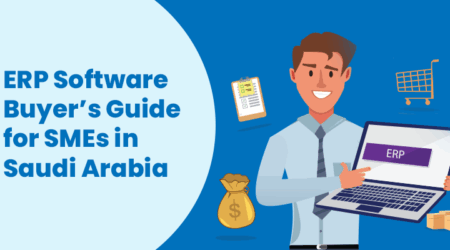
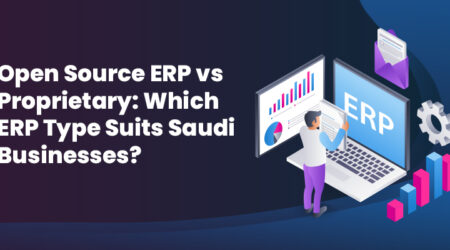
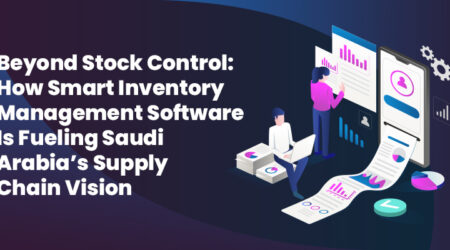
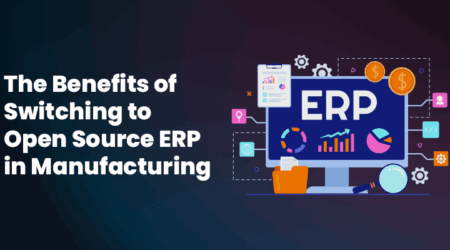
Leave a Reply